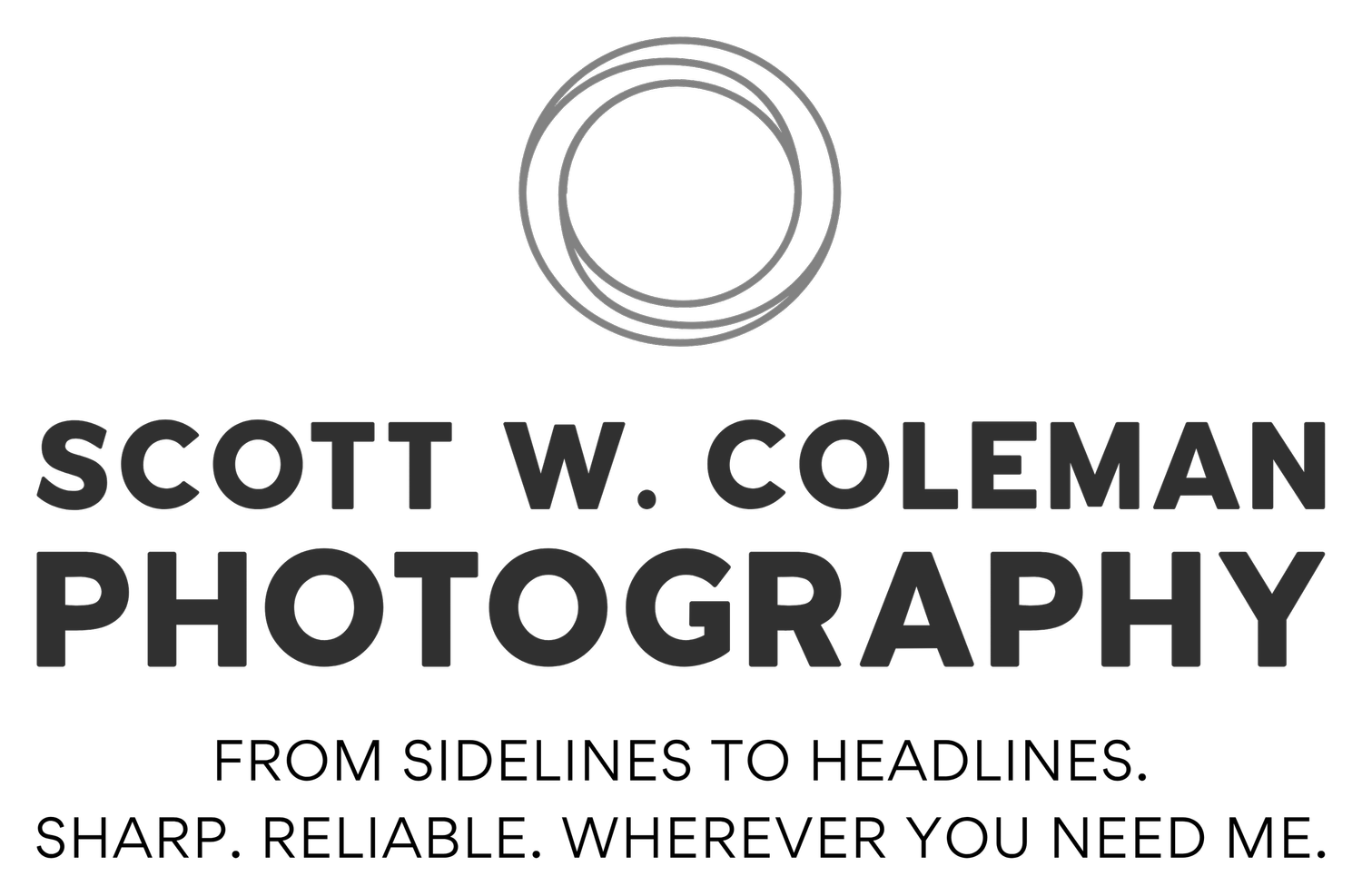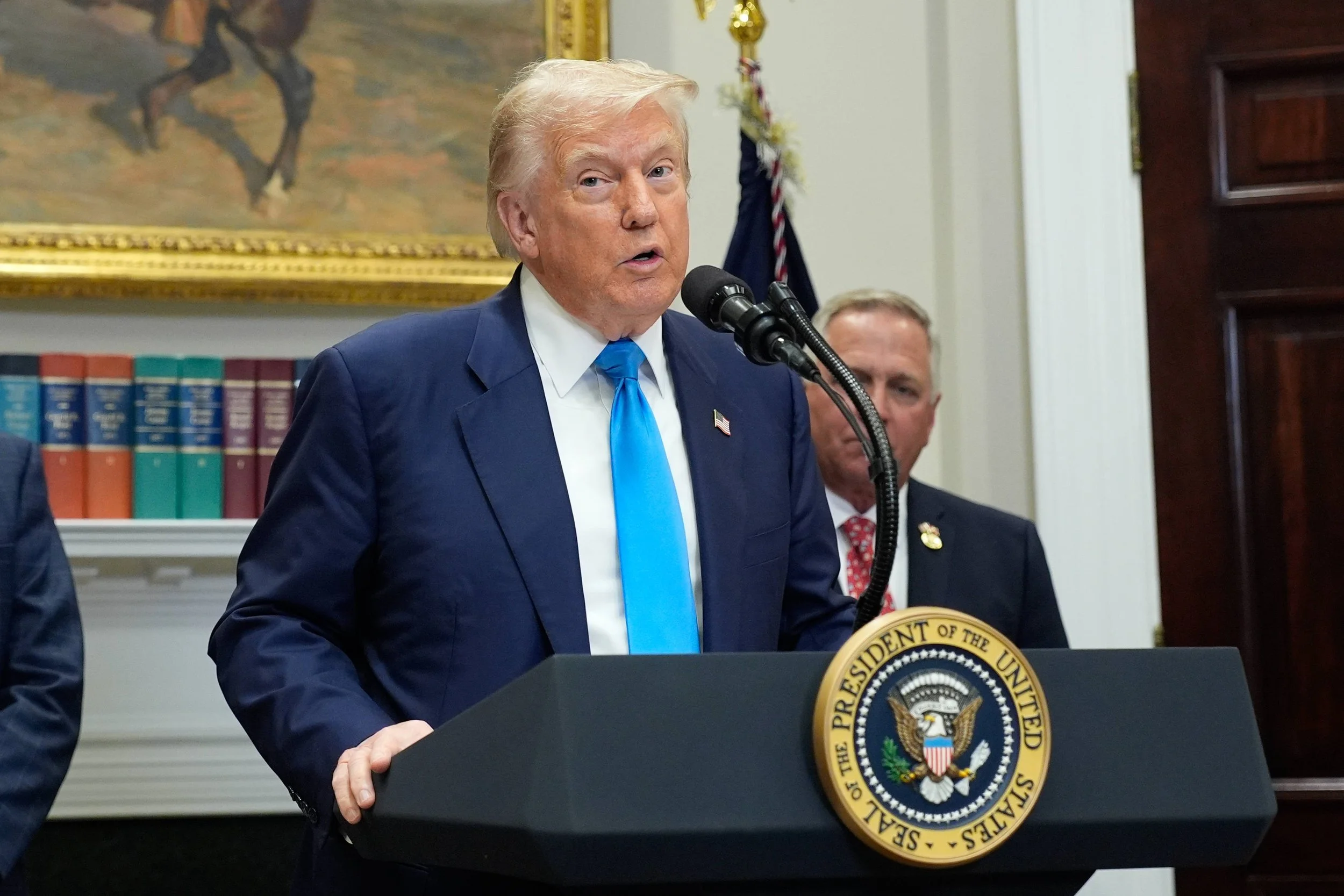Copyright Isn’t “Woke.” It’s the Foundation of Creative Work
By Scott W. Coleman
Source: Trump’s AI Action Plan speech — Wired coverage (July 23, 2025)
When politicians start mocking copyright as “woke Marxist lunacy,” you know we’ve officially entered the upside-down.
In a recent speech, U.S. President Donald Trump dismissed copyright protections as outdated obstacles to building stronger artificial intelligence systems. He argued that tech companies should have free rein to scrape books, articles, photos, and films without compensating creators.
“You can’t be expected to have a successful AI program when every single article, book or anything else that you’ve read or studied, you’re supposed to pay for,” Trump said.¹
This framing isn’t just reckless… it’s downright dangerous. And for working creators, it’s an existential threat.
Copyright Is the Ground Floor
As a photographer, I’ve seen firsthand what happens when copyright protections are treated like a suggestion instead of law. Photos get scraped into AI datasets without permission. Images are reposted without credit or payment. Contracts show up demanding “all rights” for a pittance.
Copyright isn’t a luxury. It’s the basic framework that allows creators to survive. Without it, the work we produce has no enforceable value.
The principle is simple: the moment a work is created — whether it’s a novel, a photo, or a film — copyright belongs to the author. That protection, so grounded in our government and economy that it was established in the US Constitution, enables licensing, royalties, and professional livelihoods. Strip it away, and you strip away the ability of creators to feed their families.
Calling that “woke” is like calling traffic lights Marxist because they stop you from speeding through intersections.
The rules aren’t ideology. They’re infrastructure.
AI Isn’t Exempt From the Law
Trump’s comments reflect a broader push by major tech companies to frame AI scraping as “fair use.” They argue that since AI outputs are “new,” training data should be treated as raw material, free for the taking.
The problem?
That ignores both the letter and the spirit of copyright law. Courts have consistently held that mass reproduction of copyrighted works without permission or payment is infringement, regardless of whether the end product is transformative.²
Recent lawsuits filed by artists, authors, and media outlets are testing these boundaries. The New York Times is suing OpenAI and Microsoft for scraping millions of its articles without authorization.³ Authors including George R.R. Martin and John Grisham have sued AI companies for ingesting their novels wholesale.⁴ These aren’t fringe cases. They’re challenges to the idea that tech platforms can build billion-dollar products on uncompensated labor.
Europe Is Taking It Seriously
While the U.S. lurches toward deregulation, the European Union is moving in the opposite direction. The EU’s AI Act, approved in 2024, is the first major attempt to regulate how AI systems are trained and deployed. It requires transparency about training data and allows creators to opt out of datasets.⁵
The EU has also reinforced copyright directives that demand platforms secure licenses when using protected works. The message is clear: innovation can’t come at the expense of authors’ rights.
For American creators, this contrast is alarming. If Europe can craft protections for artists in the AI age, why is the U.S. moving to dismantle them?
The Cost of Devaluation
When leaders dismiss copyright, they’re really dismissing the people who create.
Photographers, journalists, musicians, filmmakers — all of us already face shrinking markets. Newspapers have collapsed, music royalties are fractions of pennies per stream, and freelance contracts often demand more rights for less pay. Adding unrestricted AI scraping to the pile accelerates the collapse.
Consider the economics: if AI companies can train on millions of images and articles for free, then flood the market with synthetic alternatives, the value of original work drops even further. That’s not just a threat to creators. It’s a threat to culture itself.
AI can generate a fake concert poster. But it can’t cover Astroworld in Houston, where 10 fans died in a crowd surge. It can’t photograph the Route 91 Harvest massacre in Las Vegas, where images helped the world understand the scope of the tragedy. Journalism is about truth, context, and history. That can’t be synthesized out of stolen data.
Why This Matters
This isn’t about partisanship. It’s about survival.
Copyright law is not “woke.” It is the legal backbone of creative industries. Without it, artists, journalists, and independent creators have no leverage against corporations that would happily use our work without acknowledgment or compensation.
The U.S. should be strengthening protections in the AI era, not tearing them down. We need:
Clearer rules on AI training data — with consent and compensation for creators.
Licensing frameworks that ensure copyright is respected even in emerging technologies.
Support from advocacy groups like NPPA, ASMP, and Authors Guild to defend creators in court and in Congress.
Public awareness that free culture isn’t free. Someone always pays the price, and right now it’s the creators.
The fight for copyright isn’t abstract. It’s the difference between a sustainable creative economy and a world where only corporations own value.
Real-World Takeaway
For creators: register your work. Support advocacy groups. Speak up when your work is misused.
For readers and fans: pay attention to this debate. If the people who make the stories, images, and music you love can’t survive, culture itself gets hollowed out.
For policymakers: understand that copyright isn’t a partisan football. It’s infrastructure. Treat it as such.
Footnotes
Wired, “Trump’s AI Action Plan Is Long on Promises, Short on Details” (Aug. 2025). https://www.wired.com/story/president-trump-ai-action-plan-speech/U.S. Copyright Office, “Copyright Law Basics.” https://www.copyright.gov/New York Times, “The Times Sues OpenAI and Microsoft Over Use of Work in A.I. Systems” (Dec. 2023). https://www.nytimes.com/2023/12/27/business/media/nyt-openai-microsoft-lawsuit.htmlReuters, “Authors sue OpenAI for copyright infringement” (Sept. 2023). https://www.reuters.com/technology/authors-sue-openai-copyright-infringement-2023-09-20/European Commission, “EU AI Act” (2024). https://digital-strategy.ec.europa.eu/en/policies/regulatory-framework-ai

